The Year in Education: Our Top 24 Stories About Schools, Students and Learning
Learning recovery. Christianity in public schools. The impact of AI. The 74 takes a look back at some of our biggest education stories of the year.
By Nicole Ridgway | December 18, 2024Every December at The 74, we take a moment to spotlight our most read, shared and impactful education stories of the year.
One thing is clear from the stories that populate this year’s list: Many of America’s schools are still grappling with the academic struggles that followed the pandemic – as well as the end of federal relief funds, which expired this fall. Student enrollments have yet to recover and many districts are facing – or will soon face – tough decisions about closures.
Meanwhile, some educators are testing innovative ways of teaching math, reading and science, hoping to gain back some of the academic ground lost since the COVID shutdowns. Technology is also playing a pivotal role in this post-pandemic world, with communities weighing the impact of cellphones and artificial intelligence on student learning and mental health.
November’s election – which featured debates over school choice, Christianity in public schools and the fate of the Department of Education – also made headlines here at The 74. And, as calls for cracking down on immigration grew even louder, we dug deep into the hurdles facing immigrant students and schools.
Here’s a roundup of our most memorable and impactful stories of the year:
Exclusive: Thousands of Schools at Risk of Closing Due to Enrollment Loss
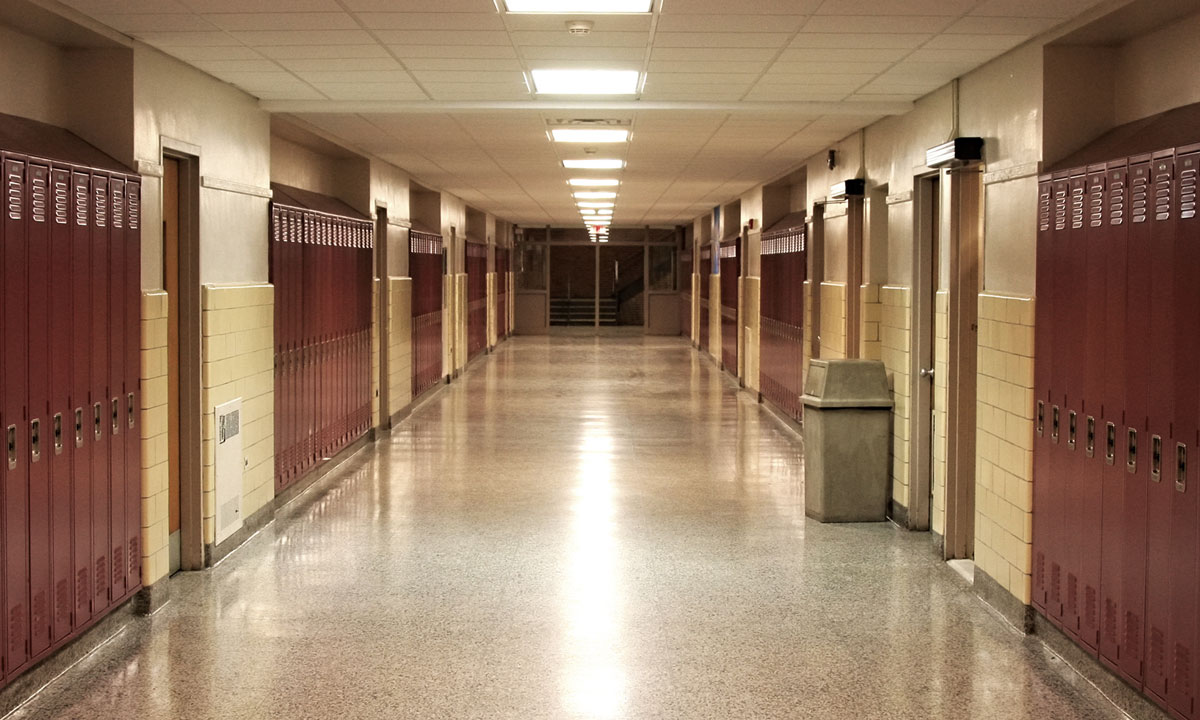
Long before districts close schools, enrollment loss takes a toll on staff and families, from combined classes to the loss of afterschool programs. This exclusive analysis by Linda Jacobson, based on Brookings Institution research, found that more than 4,400 schools lost at least one-fifth of their students during the pandemic — more than double the number during the pre-COVID period. The detailed look shows how the crisis is playing out at the school level and which districts face tough decisions about closures and cuts.
Unwelcome to America’: Hundreds of U.S. High Schools Wrongfully Refused Entry to Older, Immigrant Student

The 74’s 16-month-long undercover investigation of school enrollment practices for older immigrant students revealed rampant refusals of teens who had a legal right to attend, shutting a door critical to success in America. Senior reporter Jo Napolitano called 630 high schools in every state and D.C. to test whether they would enroll a 19-year-old Venezuelan newcomer who had limited English language skills and whose education was interrupted after ninth grade. “Hector Guerrero” was turned down more than 300 times, including 204 denials in the 35 states and D.C., where high school attendance goes up to at least age 20. The 74’s investigation revealed pervasive hostility and suspicion toward these students in a particularly xenophobic era and a deeply arbitrary process determining their access to K-12 education.
Interactive: Which School Districts Do the Best Job of Teaching Kids to Read?

It’s not news that low-income fourth graders are years behind their higher-income peers in reading. But poverty is not destiny, and some schools and districts hugely outperform expectations. Working with Eamonn Fitzmaurice, The 74’s art and technology director, contributor Chad Aldeman set out to find districts that are beating the odds and successfully teaching kids to read. From Steubenville City, Ohio, to Worcester County, Maryland, and across the country, click on their interactive map to find the highfliers in your state.
Which School Districts Do the Best Job of Teaching Math?
Whistleblower: L.A. Schools’ Chatbot Misused Student Data as Tech Company Crumbled

In early June, a former top software engineer at ed tech startup, AllHere, warned Los Angeles district officials and others about student data privacy risks associated with the company’s AI chatbot “Ed.” The LA Unified School District had agreed to pay AllHere $6 million for the chatbot and the spring rollout of Ed was highly publicized, with L.A. schools chief Alberto Carvalho calling the chatbot’s student knowledge powers “unprecedented in American public education.” But, as Mark Keierleber reported, red flags soon began to emerge. The company financially imploded and its founder Joanna Smith-Griffin left the company. In November, federal prosecutors indicted her, accusing of defrauding investors of $10 million.
More Coverage of AllHere
Turmoil Surrounds Los Angeles’ New AI Student Chatbot; Tech Firm Furloughs Staff
Was Los Angeles Schools’ $6 Million AI Venture a Disaster Waiting to Happen?
Feds Zero in on Maker of LAUSD's Failed AI Chatbot, Hint at Criminal Charges
Feds Charge Once-Lauded AllHere AI Founder in $10M Scheme to Defraud Investors
America’s Most Popular Autism Therapy May Not Work — and May Cause Serious Harms

Today, a child’s new autism diagnosis is frequently followed by a referral to a variation of an intervention called applied behavior analysis, or ABA, and four decades of pressure from parents and advocates has created a sprawling treatment industry. Yet, even as providers and lobbyists jockey to strengthen ABA’s dominance, autistic adults and researchers increasingly say there’s alarmingly little proof it’s effective — and mounting evidence it’s traumatizing. In an exclusive investigation, Beth Hawkins spoke with families, teachers and scholars about the growing controversy surrounding autism’s “gold standard” treatment.
No More Cures, No More Fixes: How Autistic Leaders Are Changing the Therapy Debate
A Cautionary AI Tale: Why IBM’s Dazzling Watson Supercomputer Made a Lousy Tutor

In 2011, IBM’s Watson supercomputer crushed Jeopardy! champions, raising hopes that it could help create a powerful tutoring system that would rival human teachers. But the visionary at the head of the effort watched as the project fizzled, the victim of AI’s inability to hold students’ attention. As new educational AI contenders like Khanmigo emerge, what lessons can they learn from the past? The 74’s Greg Toppo took a look at how IBM’s failed effort tempers today’s shiny AI promises.
Benjamin Riley: AI is Another Ed Tech Promise Destined to Fail
State-by-State, How Segregation Legally Continues 7 Decades Post Brown v. Board

Seventy years after the Supreme Court outlawed separating public school children by race, Marianna McMurdock sought to answer a pivotal question: How are some of the most coveted public schools in the U.S. able to legally exclude all but the most privileged families? Last spring, she spoke with researchers at the nonprofits Available to All and Bellwether, which published a report that examined the troubling laws, loopholes and trends that are undermining the legacy of Brown v. Board in each state. The researchers called for urgent legal reform to offset the impact that one’s home address has on enrollment, particularly as many districts have started considering closures.
Being ‘Bad at Math’ Is a Pervasive Concept. Can it Be Banished From Schools?
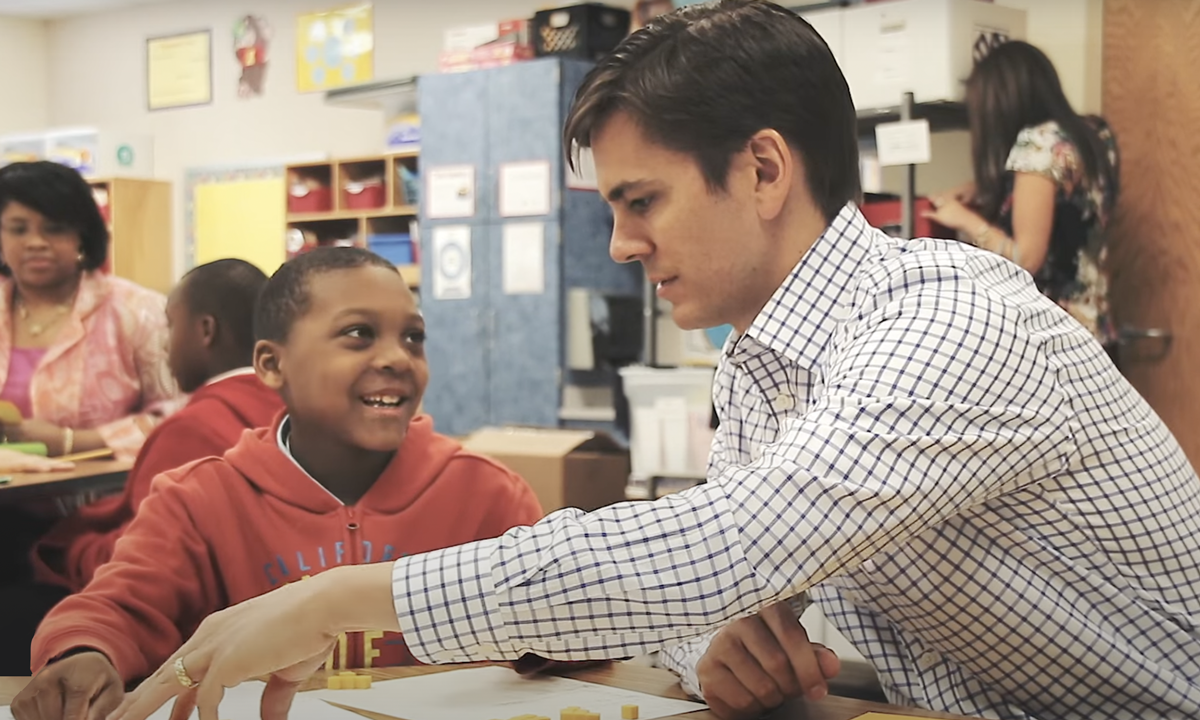
Are you bad at math? If you are, it’s likely that self-fulfilling seed got planted early. Many math education leaders are trying to uproot that thinking, arguing that any student can master the subject with the right accommodations and tutoring. Changing the bad-at-math mindset in U.S. schools, however, will not be easy, others warn. “We use math as a means to sort kids by who gets to be at the top and who gets to be at the bottom,” one math equity advocate told Jo Napolitano.
Hope Rises in Pine Bluff: Saving Schools in America’s Fastest-Shrinking City
by The 74 Staff

Pine Bluff, Arkansas, earned the unwelcome distinction in the 2020 census of being America’s fastest-shrinking city, losing over 12% of its population in one decade. Amid this exodus of families, students and taxpayers, its school district had to navigate school closures, budget pressures and a state takeover. Throughout last winter, members of The 74’s newsroom embedded in Pine Bluff to report on the region’s trajectory. Here are some of the powerful stories they came back with:
More Coverage
America’s Fastest-Shrinking City: Pine Bluff Woos Arkansas Families With Schools
More Black Teachers: A Push to Revive Schools in Nation’s Fastest-Shrinking City
Arkansas Football Coach Returns to His Shrinking Hometown & Scores Big for Teens
Arkansas’ Shrinking City: A Charter Network Transforms Schools in Pine Bluff
Learning Amid Chaos in the Arkansas Delta: What the School Research Shows Us
Kids, Screen Time & Despair: An Expert in the Economics of Happiness Echoes Psychologists’ Warnings About Tech

A prominent economist has joined the growing chorus of experts warning against the dangers posed to youth mental health by screens and social media, reported Kevin Mahnken. New papers released by Dartmouth College professor Danny Blanchflower, a leading expert in the burgeoning field of happiness economics, suggest that the huge increase in screen time over the last decade has made the young more likely to despair than the middle-aged.
Banning Smartphones at Schools: Research Shows Higher Test Scores, More Exercise
Why Is a Grading System Touted as More Accurate, Equitable So Hard to Implement?

As educators push for more transparency in grading policies post-pandemic, some are turning to standards-based grading. When done correctly, it separates academic mastery from behavior and more accurately reflects what students know. But misunderstandings of the model, a lack of proper training, and a rush to adopt it often leads to messy implementation. Associate professor Laura Link told Amanda Geduld that as schools look to fix learning gaps, “standards-based grading is one that seems like it can be a quickly adopted effort. But it could backfire — and does backfire — very easily.”
When Getting Good Grades and Working at Grade Level Are Not the Same Thing
Texas Seeks to Inject Bible Stories into Elementary School Reading Program

Last May, a sweeping redesign of Texas’ elementary school curriculum that used Bible stories to teach reading was unveiled. At the time, state education Commissioner Mike Morath described the changes as a shift toward a “classical model of education.” But the revisions raised questions about potential religious indoctrination and bias. Nevertheless, in November, the Texas Board of Education approved the new curriculum in a close vote. Linda Jacobson followed the story closely.
The Political War Over the Department of Education Is Only Beginning
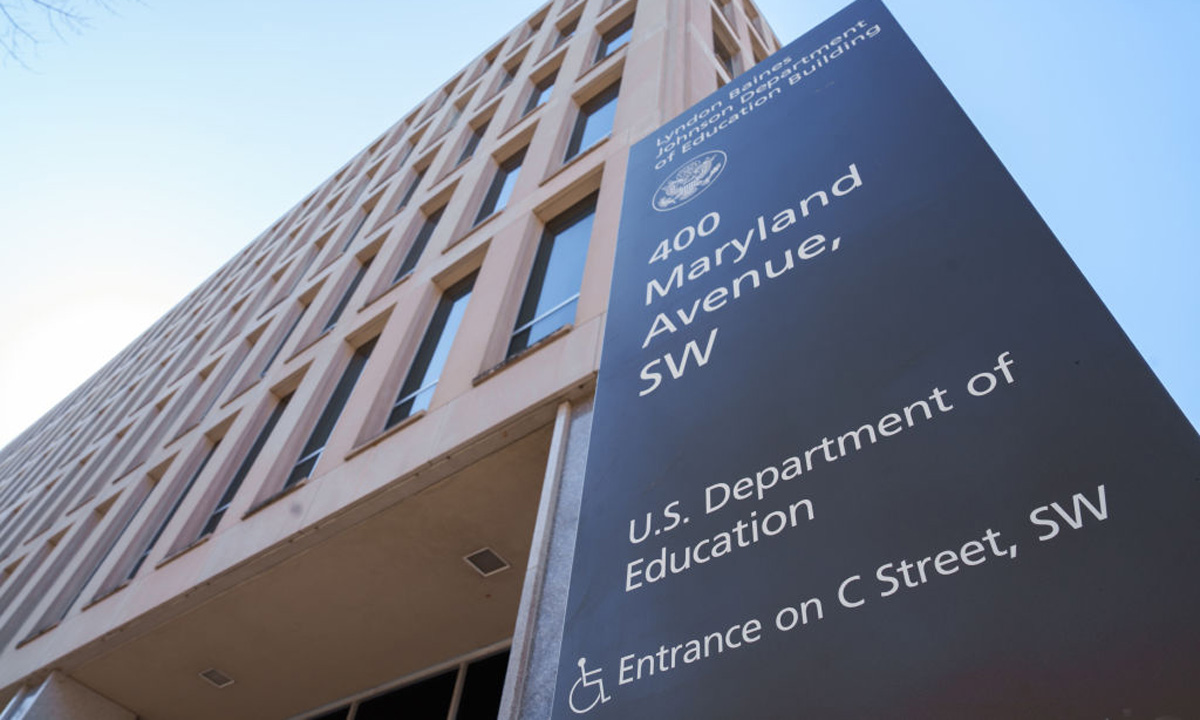
Fresh from their November victories, Republicans are already working to help President-elect Donald Trump achieve his promise of abolishing the U.S. Department of Education. But research suggests that, while perceptions of the agency are mixed, the public is unlikely to back a sweeping course of elimination. “Saying you’ll get rid of it reads generically as being anti-education,” one political scientist told Kevin Mahnken. “That strikes me as a very heavy albatross to hang around your neck come the midterms.”
More Coverage
What a Second Trump Presidency Could Mean for Education in the U.S.
LA School Board Race Could Change the Nation’s Second-Largest District
In North Carolina, Public Education Is at the Heart of Governor’s Race
GOP Victories in Texas House Give Abbott a Path to Universal ESA
2024 EDlection Recap: Key Races & Issues That Could Reshape America’s Schools
18 Years, $2 Billion: Inside New Orleans’ Biggest School Recovery Effort in History
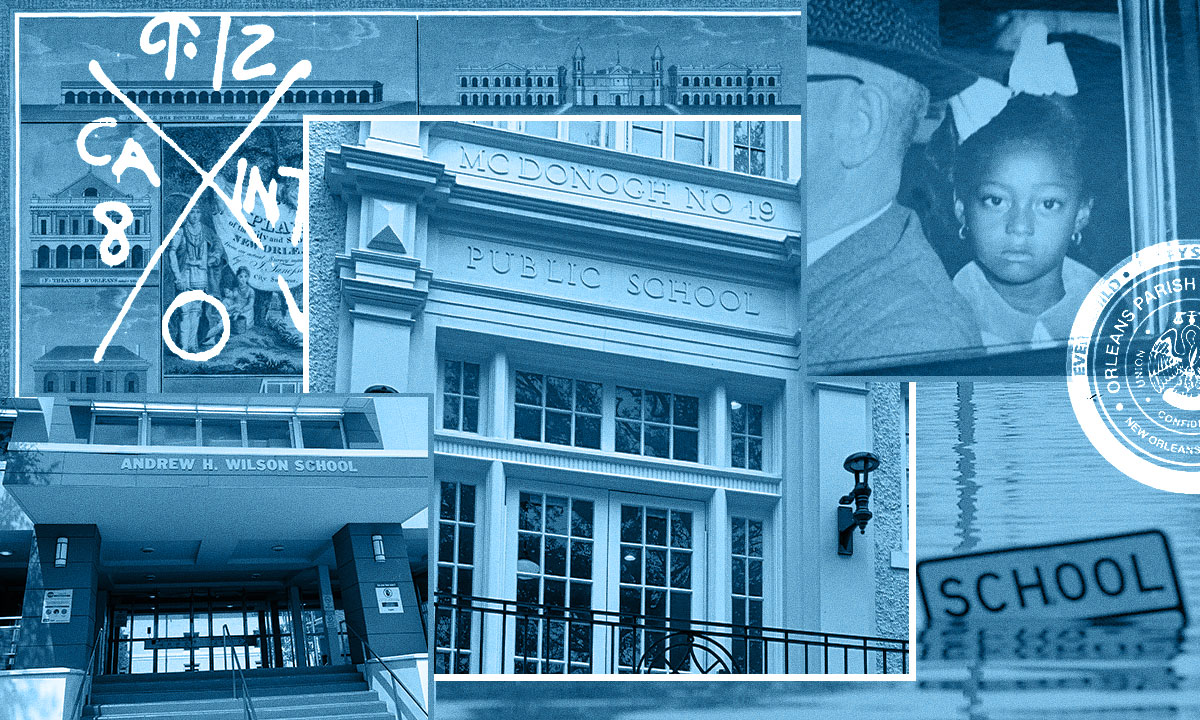
In 2005, Hurricane Katrina destroyed 110 New Orleans schools. Displaced families could not return until there were classrooms to welcome their kids, but no one had ever tried to rebuild an entire school system. While many of the buildings were moldering even before the storm, federal funds couldn’t be used to build something better. Some of the schools had landmark status and were of great historical significance. Eighteen years and $2 billion later, Beth Hawkins took a look at seven schools that illustrate how the district accomplished the task.
As Ryan Walters’ Right-Wing Star Rose, Critics Say Oklahoma Ed Dept. Fell Apart

Oklahoma state education chief Republican Ryan Walters has acted as a one-man publicity machine, a performance that’s earned him venomous foes and ardent fans who follow him with a near-religious fervor. But one casualty of his approach might be a functioning state education bureaucracy. Even Republican lawmakers have grown impatient, calling for a probe into how Walters handles state and federal funds. As Rep. Tammy West, a GOP incumbent running for re-election, told reporter Linda Jacobson, “Regardless of party, citizens want transparency, accountability and communication.”
AI ‘Companions’ Are Patient, Funny, Upbeat — and Probably Rewiring Kids Brains

A college student relies on ChatGPT to help him make life decisions, including whether to break up with his girlfriend. Is this a future we feel good about? While AI bots and companions like ChatGPT, Replika and Snapchat’s MyAI, can offer support, comfort and advice, experts are beginning to warn of potential risks. The 74’s Greg Toppo talks to researchers and policy experts about what we should be doing to help make them safer.
Indiana Looks to Swiss Experts to Create Thousands of Student Apprenticeships
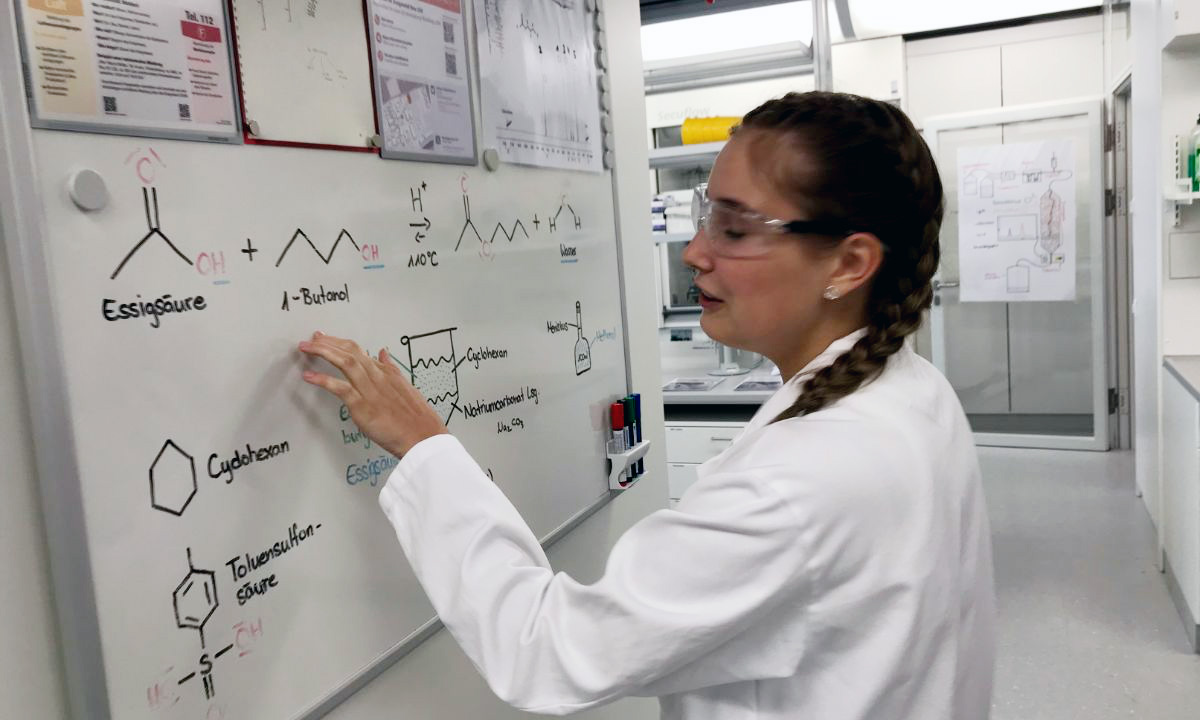
Indiana officials have turned to experts at the Swiss version of MIT for help in becoming a national career training leader by making apprenticeships available to thousands of high school students across the state. Indiana is the latest state to work with ETH Zurich — where Albert Einstein once studied — to develop ways to break down barriers between educators and businesses so that career training can be a large part of a reinvented high school experience, reported Patrick O’Donnell.
Investigation: Nearly 1,000 Native Children Died in Federal Boarding Schools
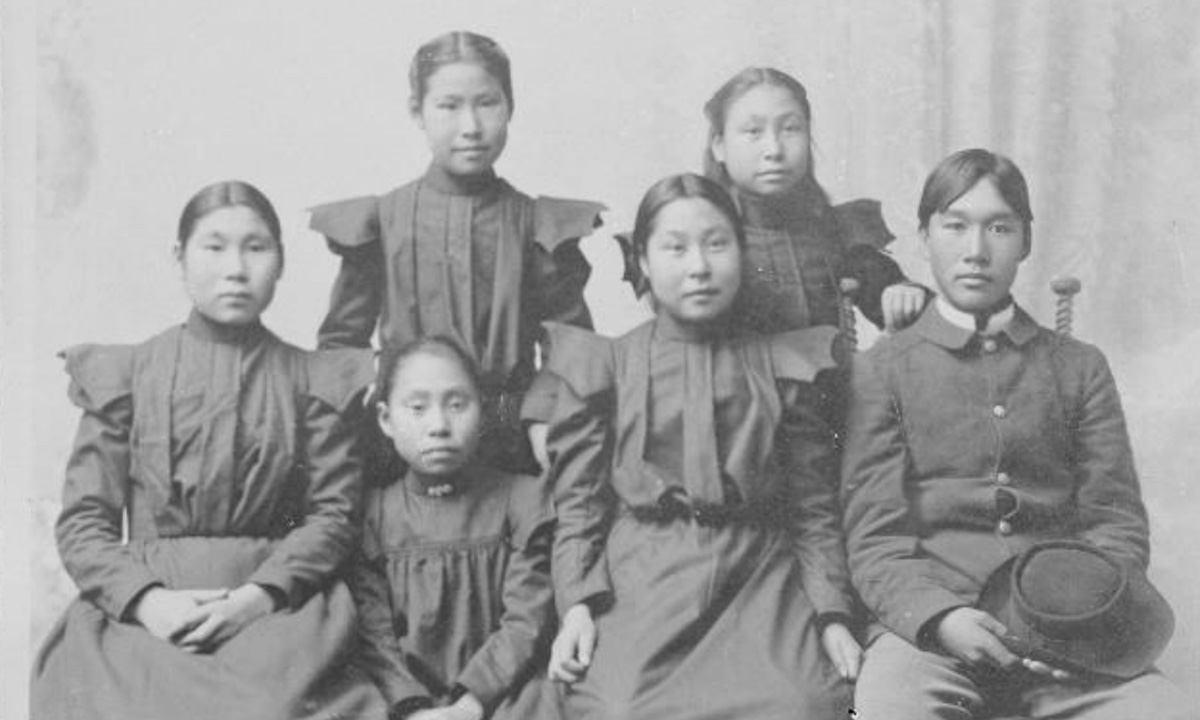
Nearly 1,000 Native American children died while forced to attend government-affiliated boarding schools, according to a report published last summer by the Interior Department. The children are buried in 74 unmarked and marked graves, reported Marianna McMurdock, as tribes assess repatriation of remains. Nearly 19,000 children were estimated to be kidnapped, often at gunpoint, and enrolled in the schools with the aim of assimilation. “We [were] never called by our name, we were all called by our numbers,” said one survivor.
The Nation’s Biggest Charter School System Is Under Fire in Los Angeles
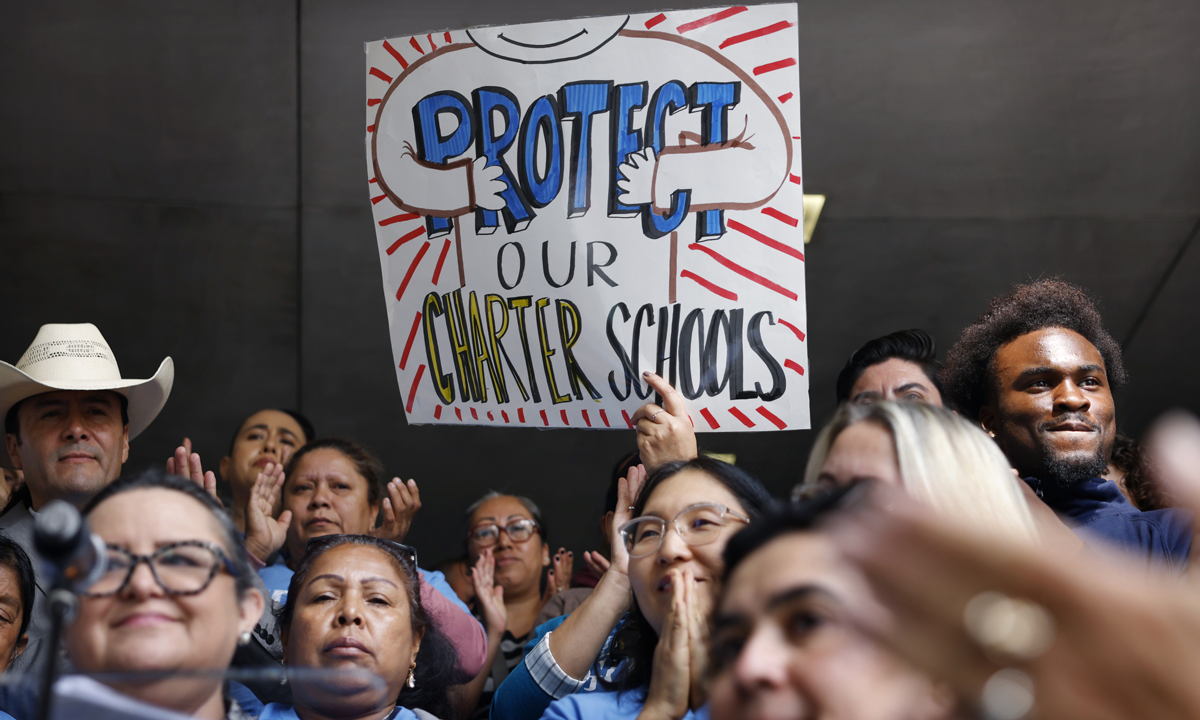
The nation’s largest experiment with charter schools is no longer growing. These days, Los Angeles charter operators say they are just trying to survive. With tough new policies governing co-locations, falling enrollment, and a hostile district school board, charter leaders say they’ve never faced stronger headwinds, reported Ben Chapman. With enrollment plummeting across the district, some charter networks have recently announced closures while others have stopped submitting proposals for new campuses. “Now, particularly in L.A., our focus is not on growing,” said Joanna Belcher, chief impact officer for KIPP SoCal.
Florida Students Seize on Parental Rights to Stop Educators from Hitting Kids
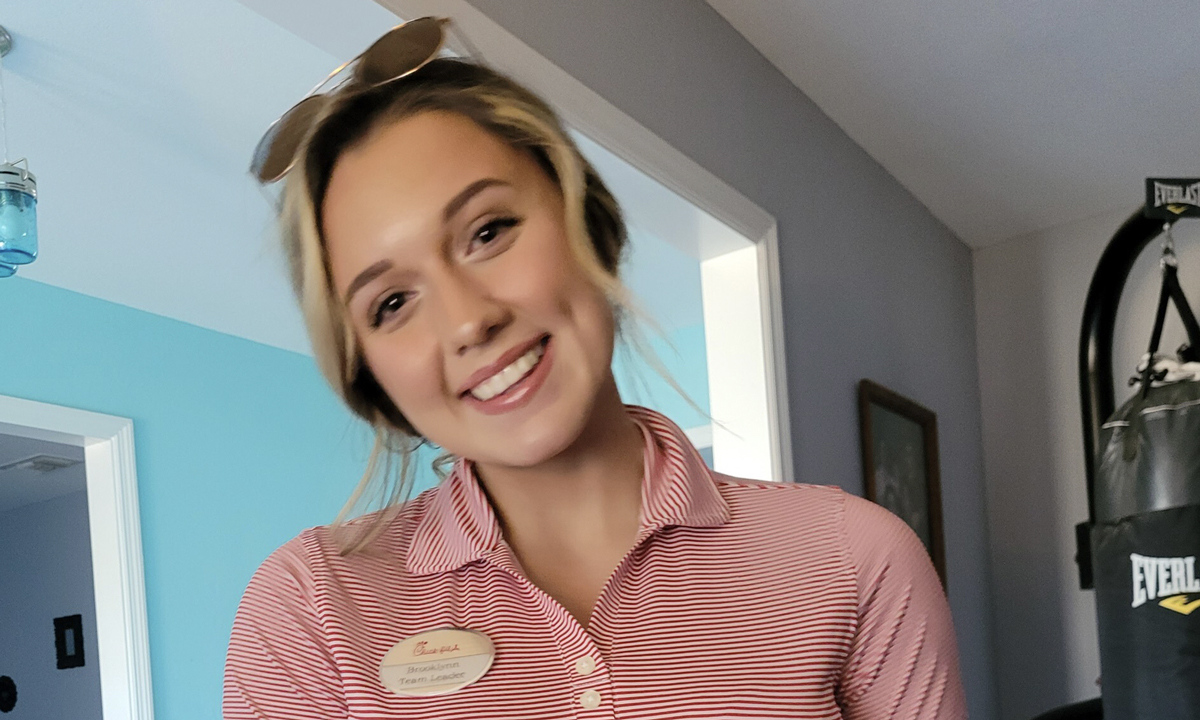
Late last year, Florida senior Brooklynn Daniels was called to the principal’s office and spanked with a wooden paddle “that was thick like a chapter book.” Like in many enclaves that dot the Florida panhandle, Liberty County permits corporal punishment as a form of student discipline. But her flogging, the honors student said, went much further: She alleged sexual assault and filed a police report, reported Mark Keierleber. Daniels joined a student-led movement to change Florida law that has latched onto the GOP-led parental rights movement.
Interactive: See How Student Achievement Gaps Are Growing in Your State
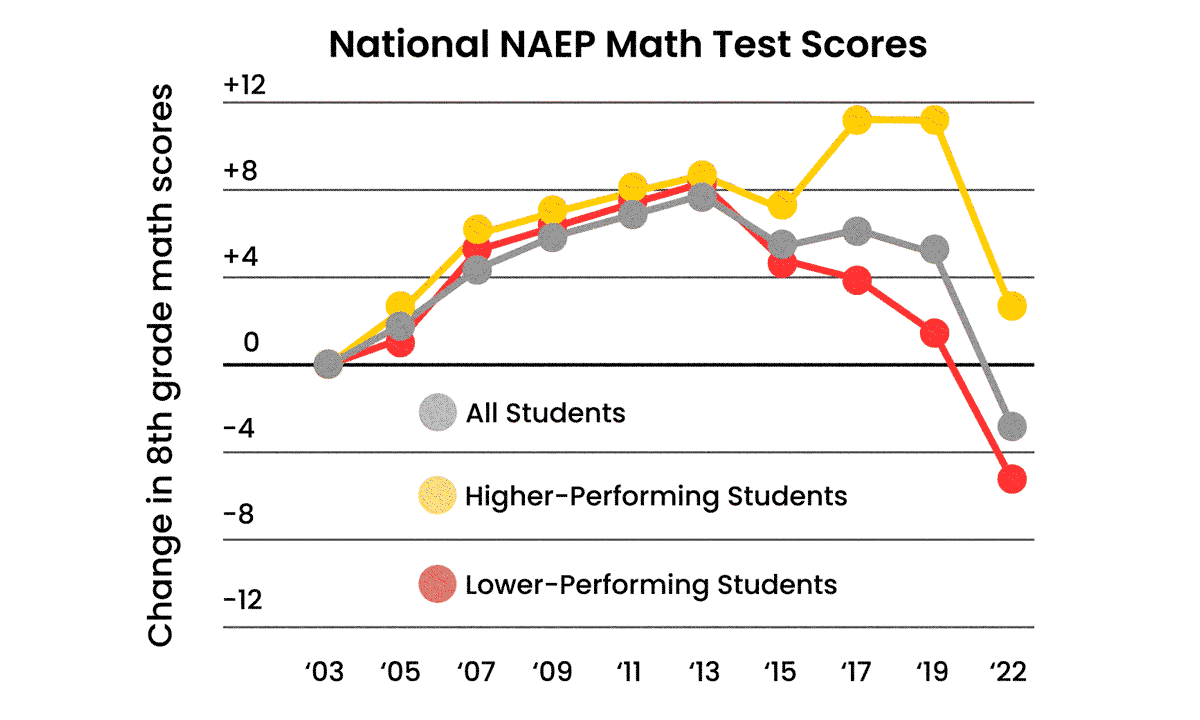
In 2012, then-President Barack Obama freed states from the accountability provisions of No Child Left Behind in exchange for reforms related to standards, assessments and teacher evaluations. That relaxing of school and district accountability pressures corresponded with a decline in student performance across the country that is still being felt — achievement gaps are growing across subjects and all across the country. To illustrate these alarming discrepancies, contributor Chad Aldeman and Eamonn Fitzmaurice, The 74’s art and technology director, created an interactive tool that enables you to see what’s happening with student performance in your state.
Left Powerless: Non-English–Speaking Parents Denied Vital Translation Services

Flouting federal laws, K-12 public schools routinely fail to provide qualified interpreters to non-English-speaking families. Parents must instead rely on Google translate, their own kid or a bilingual staff member who isn’t a trained interpreter for issues as simple as their child’s absence for a day or as complex and intimidating as a special education meeting or a school disciplinary hearing. The problem is pervasive and vastly underreported, experts told Amanda Geduld. School leaders say they are trying their best, but lack the money and staffing to meet the need.
A Los Padres De Habla No Inglesa Se Les Niegan Servicios Esenciales De Traducción
Failed West Virginia Microschool Fuels State Probe and Some Soul-Searching
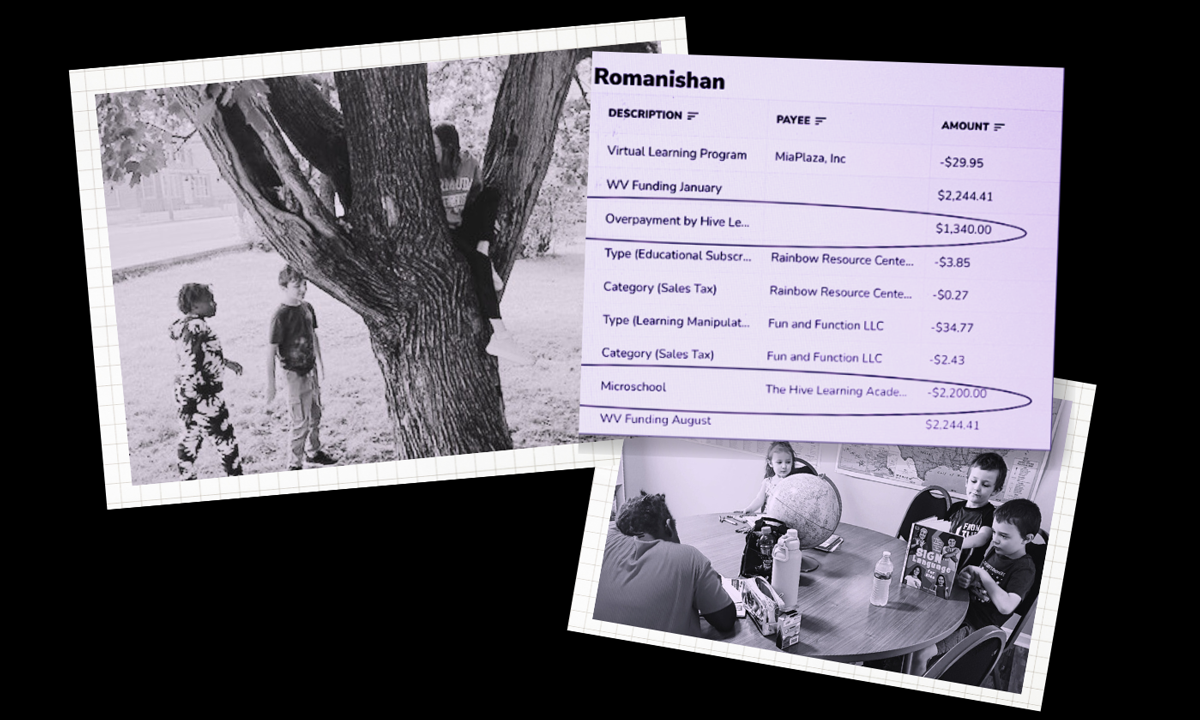
The West Virginia treasurer’s investigation into a microschool, funded with education savings accounts, offers a glimpse into an emerging market that has mushroomed since the pandemic. When the program shut down after a few months, parents were left demanding their money back and scrambling to find other arrangements for their children. The example, experts say, shows that it takes more than good intentions to provide a quality education program. As one parent told Linda Jacobson, “I should have seen the red flags.”
In the Rush to Covid Recovery, Did We Forget About Our Youngest Learners?

The country’s youngest elementary school students suffered steep academic setbacks in the wake of the COVID-19 pandemic – just like students in older grades. But new research shows that they aren’t catching back up to pre-pandemic levels in reading and math the way older students are. And when it comes to math, many are falling even further behind. “We were shocked when we first saw the data,” Kristen Huff, vice president of assessment and research at Curriculum Associates, told Lauren Camera.
Get stories like these delivered straight to your inbox. Sign up for The 74 Newsletter

